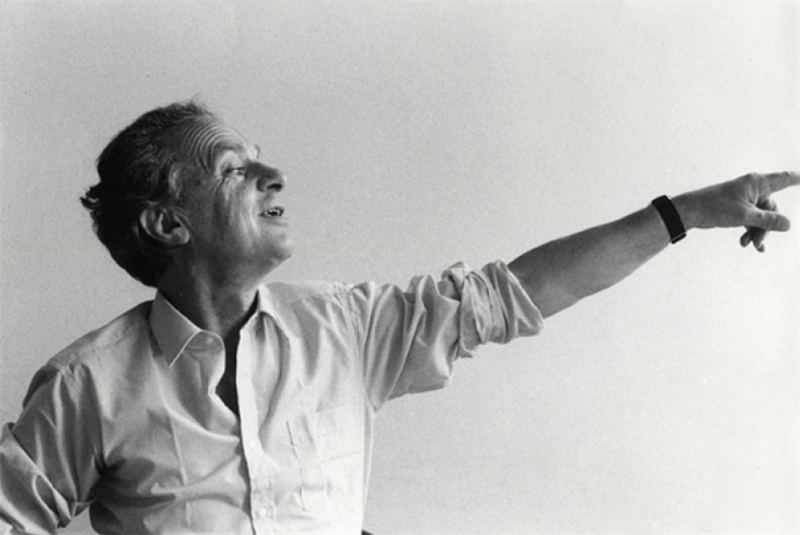Meneghetti Lodovico
Lodovico Meneghetti, born in Novara on June 2, 1926. Graduated in architecture at the Milan Polytechnic, he held a professional studio first in Novara, then, from 1963, in Milan, designing and creating works of urban planning, architecture, furniture and design published in the main national and international magazines and presented in various exhibitions in Italian and foreign cities. This professional study, which Meneghetti held with Vittorio Gregotti and Giotto Stoppino, was an important cultural point of reference for the Fifties and Sixties, not only, but the influence of his production, due to the high civil value of the results in different areas of design, it has extended to the following years until today. Called very early on in the MSA (Movement for Architecture Studies) and in the ADI (Industrial Design Association), he later also joined the INU (National Urban Planning Institute). He participated with works very favorably received by the critics of the X, XI, XII, XIII Triennale di Milano. In this last edition it obtained the "International Grand Prize" for the preparation of the introductory section dedicated to the theme "Free Time", critically approached with a spectacular and multiform architectural scenario. From the early seventies he devoted himself fully to university activity (which also began in 1964) according to a completeness of functions that includes didactic, cultural, scientific and managerial roles. Professor of Urban Planning at the Faculty of Architecture of the Politecnico di Milano, he was permanent president of the degree commission. For many years he has been organizing and directing research on public funding focused on the prospect, on the one hand, of a new clear definition of the relationship between city and countryside, between architecture and landscape, on the other side of a Milanese polycentric metropolis, through urban planning and a 'vital architecture because they are closely united: these are also the foundations of teaching, and of planning with students and undergraduates always arriving at concrete urbanistic and architectural proposals.
Share
